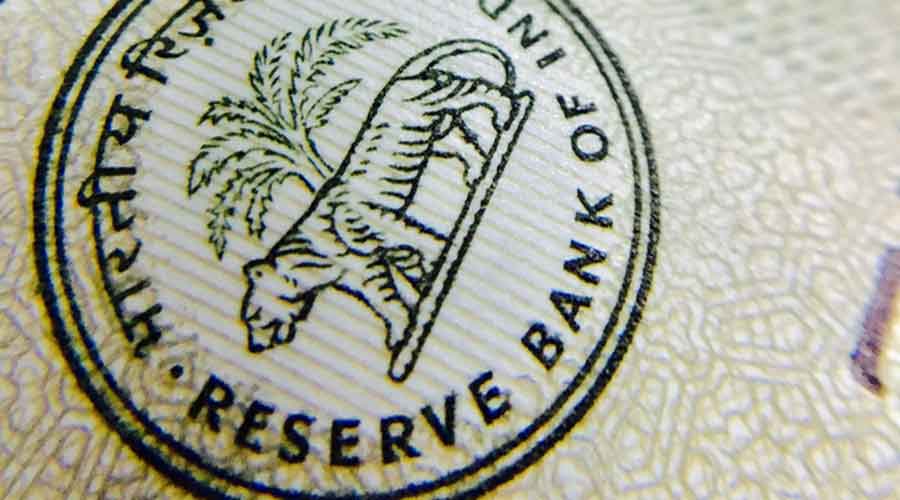Crisil Ratings, an S&P Global company, on Tuesday said as many as 99 per cent of the non-MSME corporate houses it has rated are unlikely to opt for the Reserve Bank of India’s one time debt restructuring scheme.
The firm has done an analysis covering 3,523 non-MSME borrowers and only around 1 per cent indicated that they would apply for the scheme despite two thirds of the entities being eligible for the same based on parameters proposed by the KV Kamath Committee set up by the RBI.
The regulator in August had announced a one time debt restructuring scheme (OTDR) for non-msme corporate borrowers under stress because of the Covid-19 pandemic. According to Crisil, expectations of a recovery next fiscal is making corporate houses rethink plans to restructure their loans.
“Improving business sentiment on account of increased economic activity over the past couple of months and expectations of a sharp recovery next fiscal are persuading borrowers to skip OTDR.
“Another deterrent is the impact on the borrower's long term credit history — accounts of those opting for OTDR would be classified as restructured advances by lenders, which could impact their ability to raise debt in future,” said Subodh Rai, senior director, Crisil Ratings.
Crisil said for around 44 per cent of the rated corporates, more than three fourth of their debt comprises short term working capital facilities and for those firms, OTDR would have negligible benefits as the resolution plan under this scheme is focussed on deferring principal repayment of long term debt.
Instead of a debt recast, such borrowers may opt for additional working capital financing, Crisil said. The report added that in the earlier phase of the lockdown, 968 companies, or around 27 per cent of the sample set had opted for moratorium allowed by the RBI.
Bankers said that unlike earlier instances corporates have become more aware about leveraging, restructuring and its impact on their credit rating amid possibility of losing control on enterprises through the insolvency proceedings.











